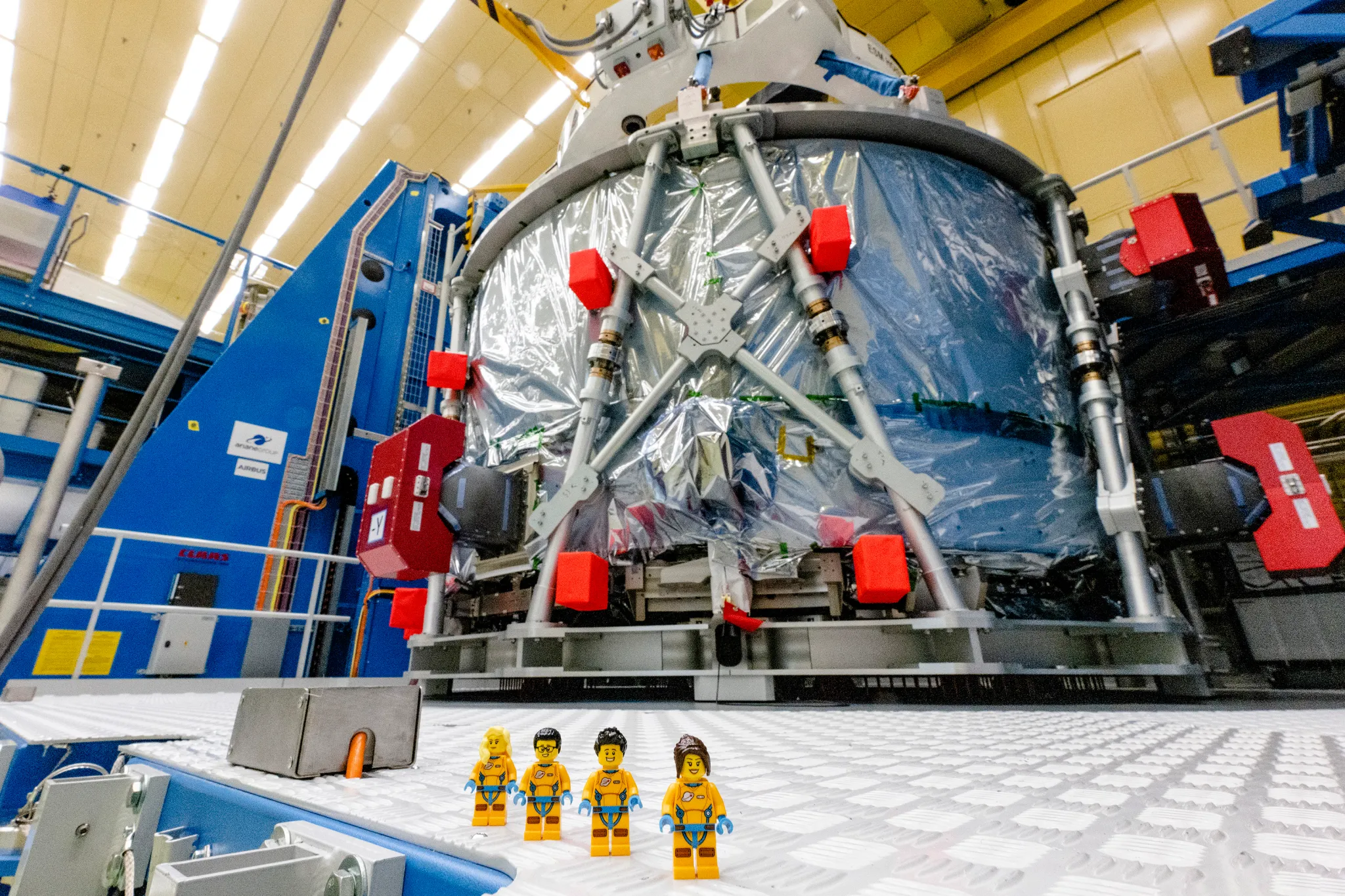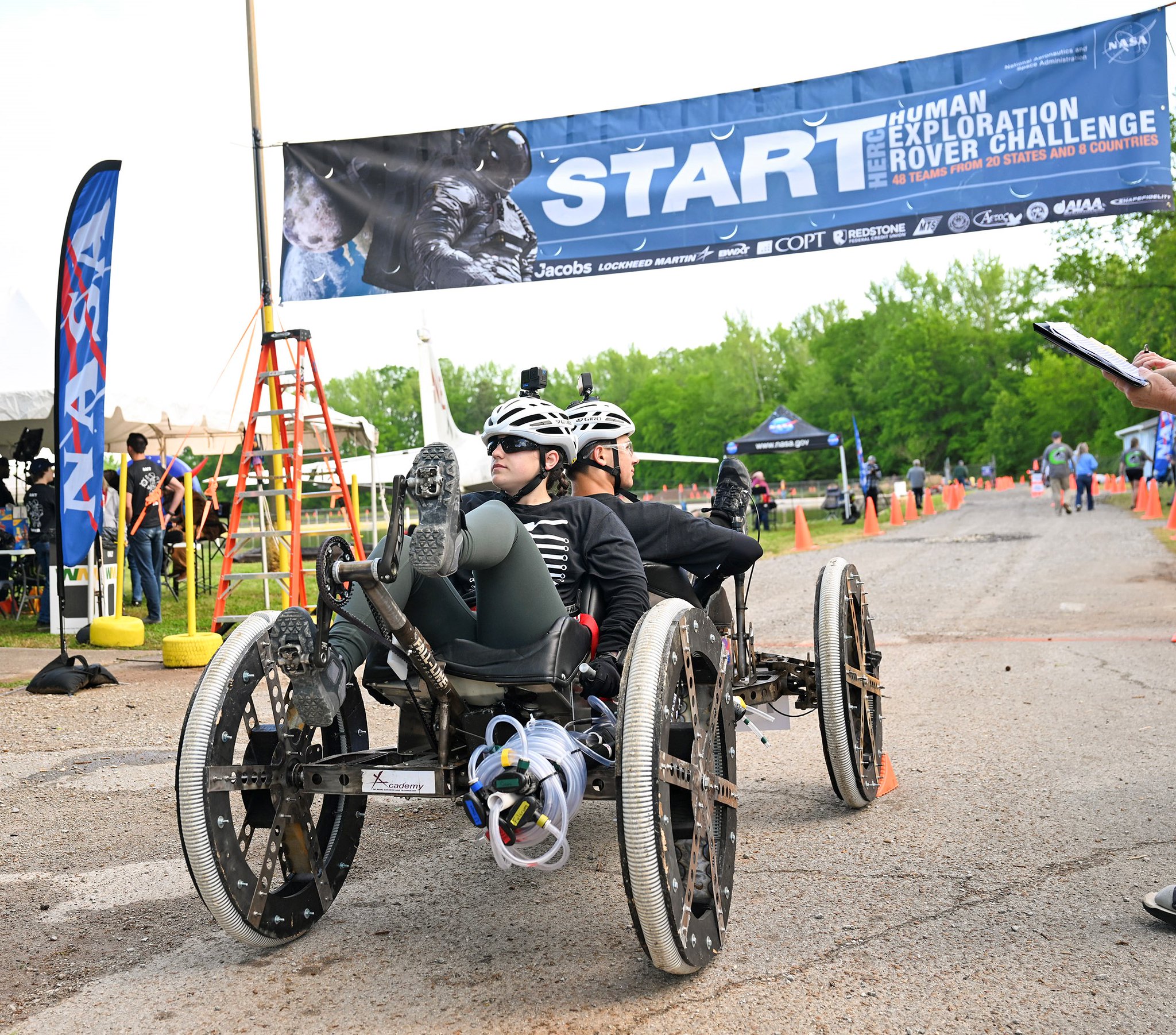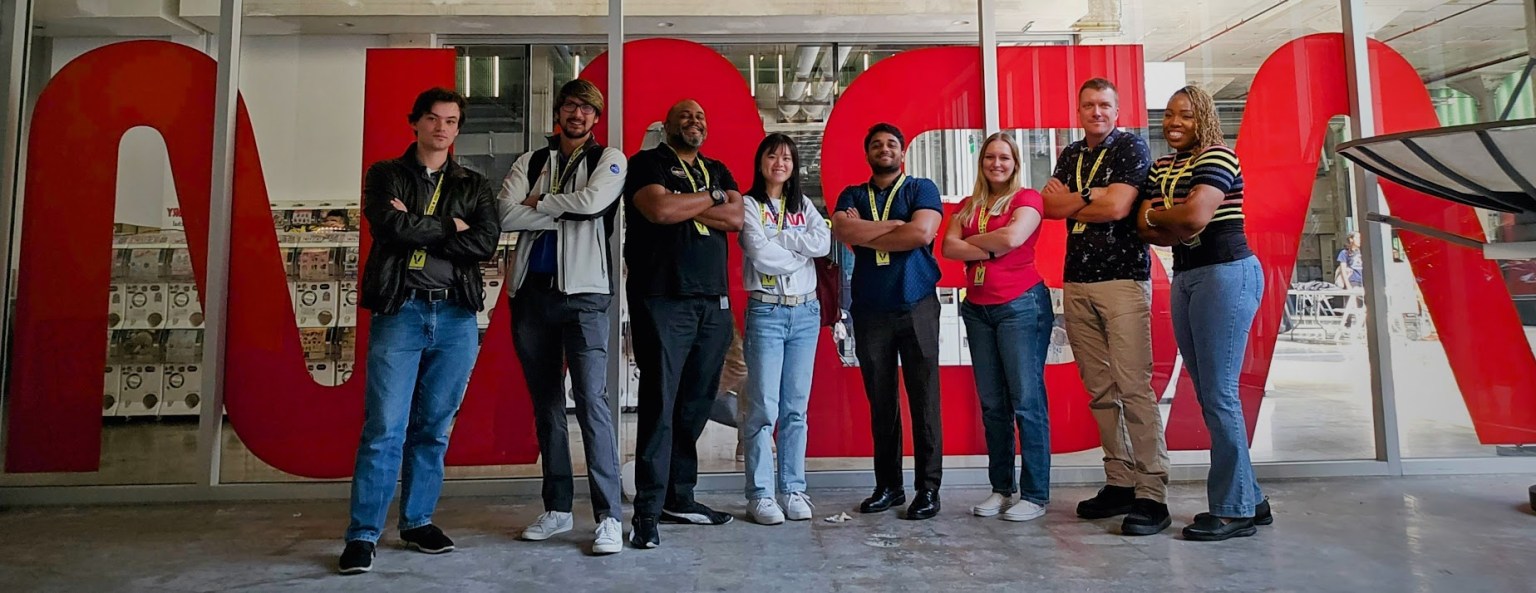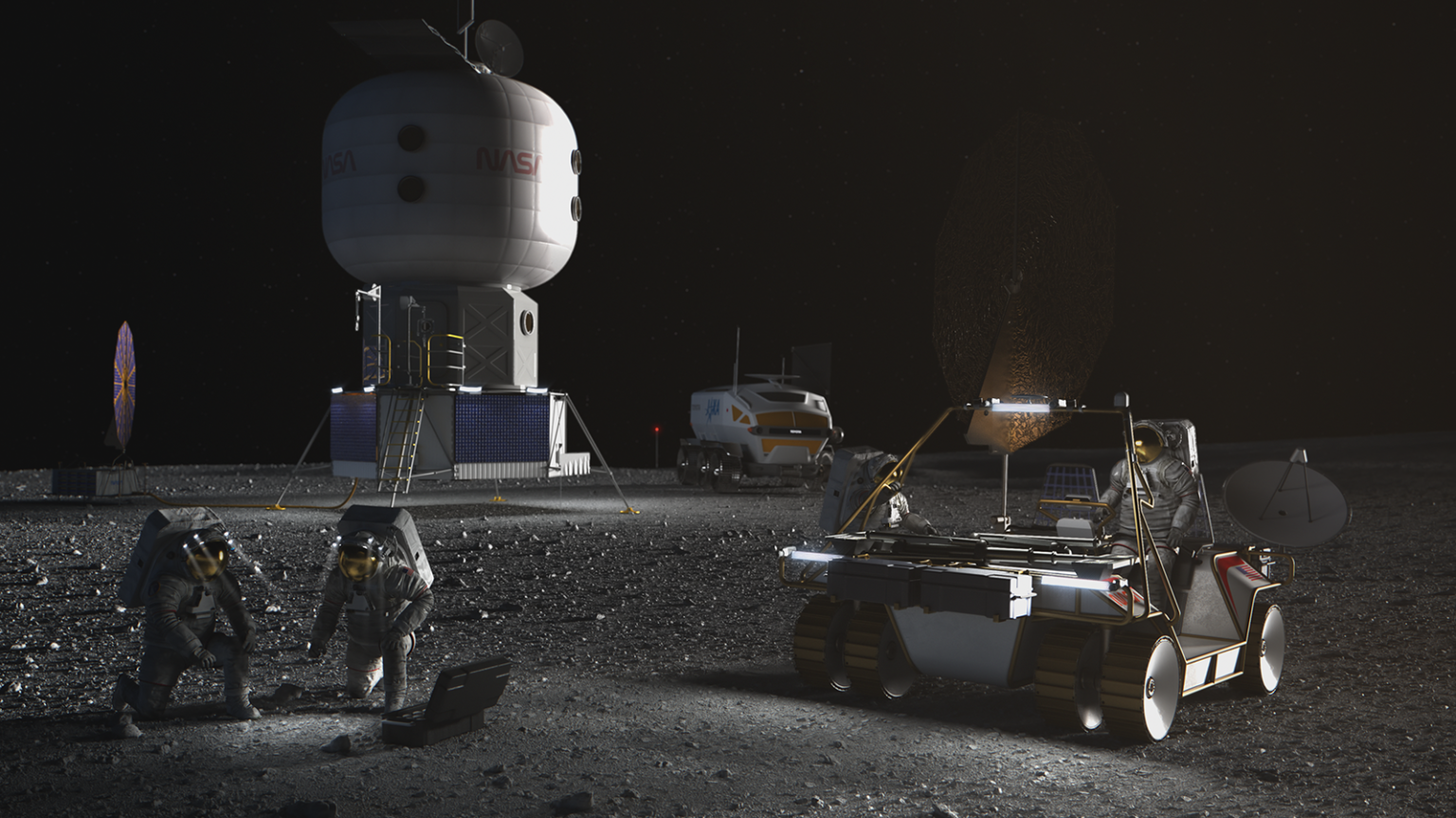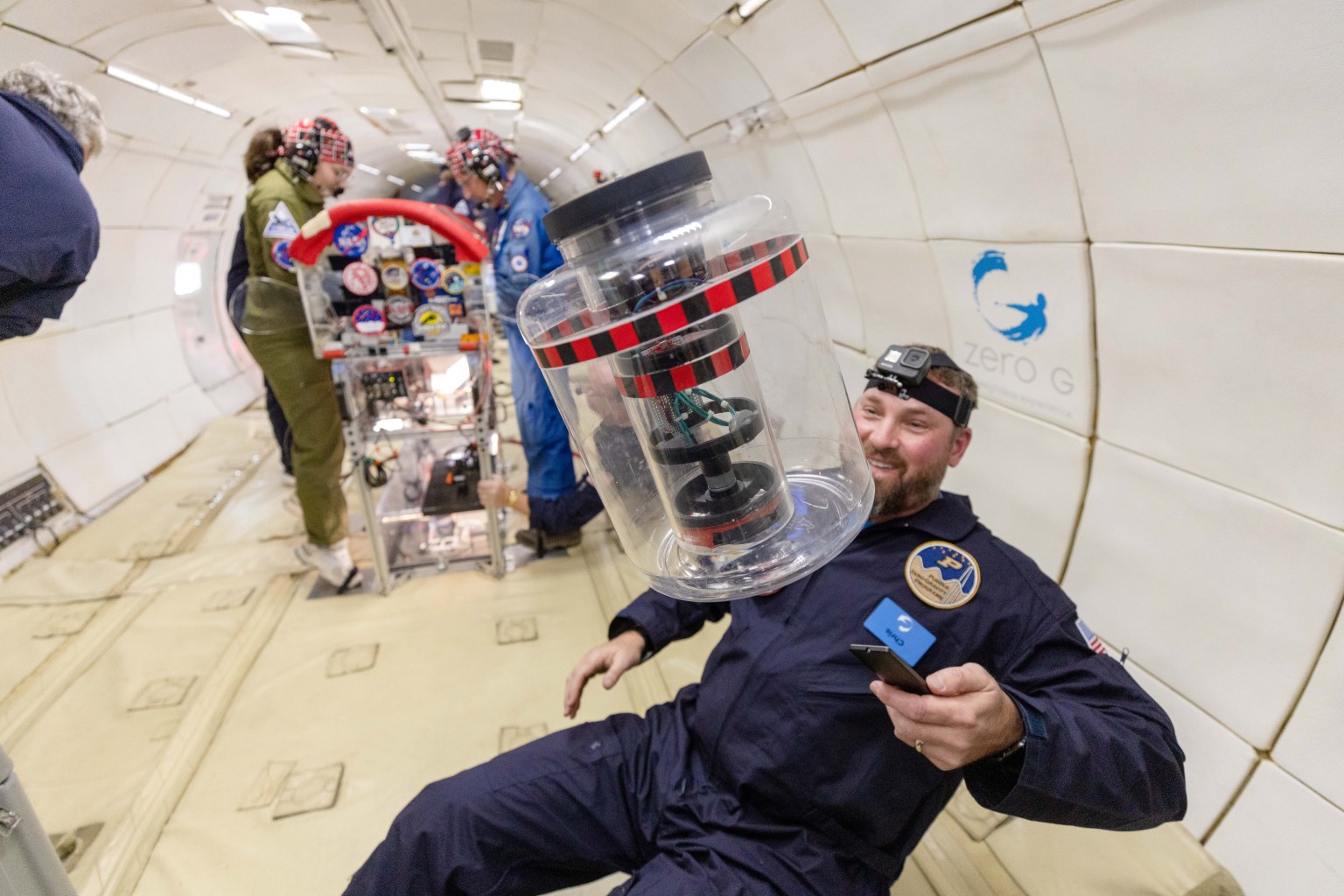Unique NASA Partnerships Spark STEM Learning on Global Scale
NASA offers a world of experiences and opportunities to engage young explorers around the globe in the excitement of science, technology, engineering, and mathematics (STEM). NASA’s Office of STEM Engagement collaborates with experts throughout the agency, the U.S. government, and a variety of global partners to spark inspiration in Artemis Generation students everywhere. Partnerships with […]
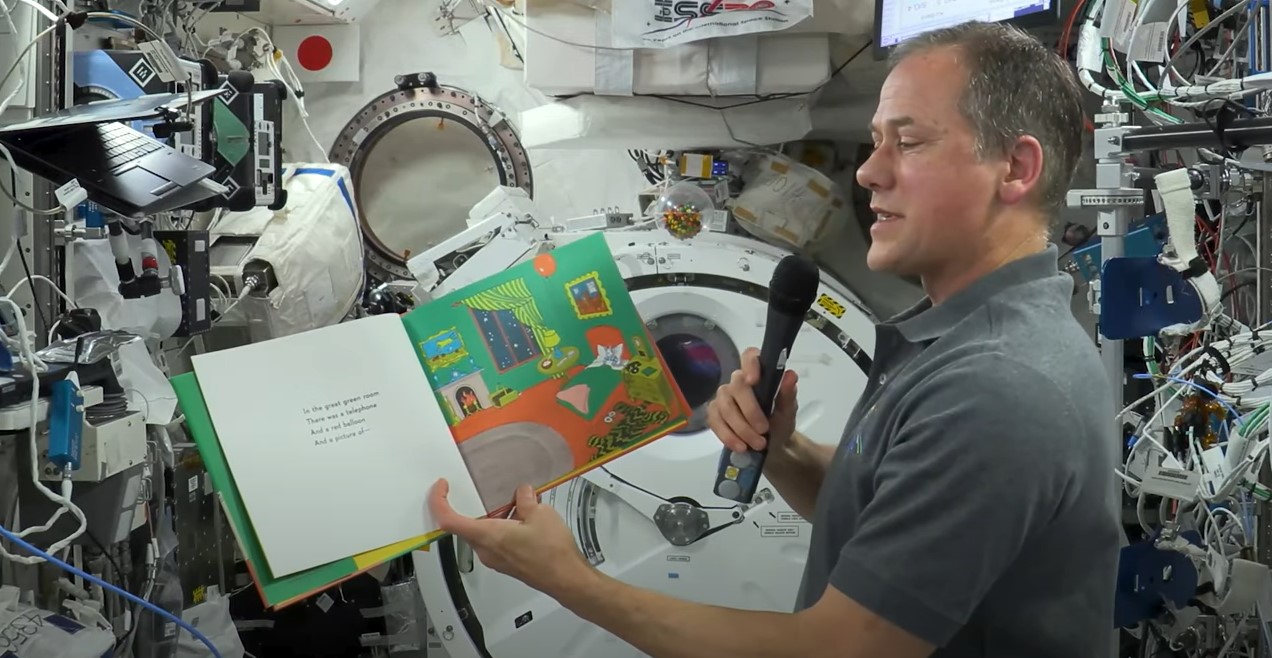
Unique NASA Partnerships Spark STEM Learning on Global Scale
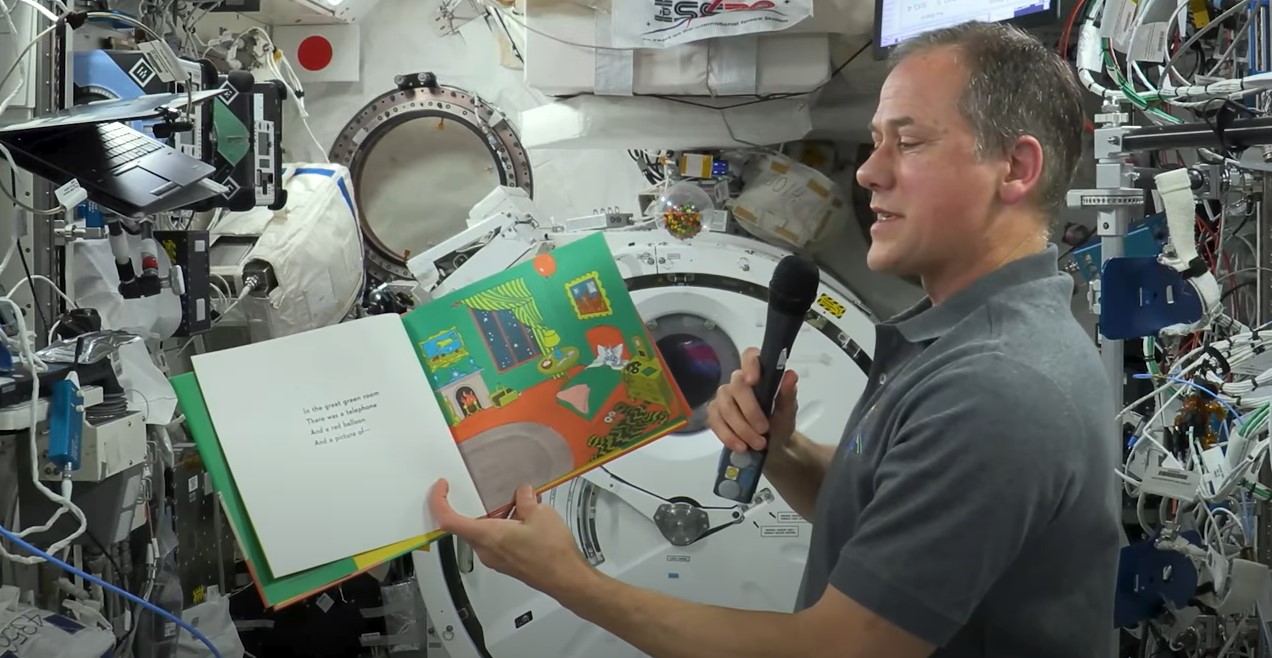
NASA offers a world of experiences and opportunities to engage young explorers around the globe in the excitement of science, technology, engineering, and mathematics (STEM). NASA’s Office of STEM Engagement collaborates with experts throughout the agency, the U.S. government, and a variety of global partners to spark inspiration in Artemis Generation students everywhere.
Partnerships with the agency reach new audiences. Here are some of the ways NASA and its partners are making exciting STEM learning resources and opportunities available globally.
- NASA and Minecraft collaborated to bring NASA missions to life.
- NASA and Crayola partnered on a series of virtual engagements to encourage students and families to participate in science, technology, engineering, art, and mathematics content – for example, the annual Crayola Creativity Week.
- NASA partnered with LEGO Education on educational resources to introduce STEM concepts and careers with students, teachers, and families.
- NASA joined forces with Discovery Education to provide curriculum support resources, videos, and events through their online platform.
- NASA recently signed an agreement with Arizona State University’s Milo Space Science Institute to create new opportunities for students to engage in STEM workforce development through 12-week academies using NASA data sets, information from NASA subject matter experts as well as information on the agency’s missions and careers.
- NASA partnered with Code.org on the development of computer science and coding resources for teachers and students.
- NASA collaborated with LabXchange to develop free online resources for teachers and students on topics such as solar eclipses, Mars, astrobiology, and Artemis missions, with more than 700 resources available to date.
There’s More to Explore With NASA
International educators and students can find even more ways to engage with NASA’s missions and content through these resources, available online to all.
- For the youngest explorers, NASA Kids Club offers STEM-based games for students ages 3-9.
- The agency’s Artemis Camp Experience features hands-on activities designed to introduce K-12 students to the systems that will enable NASA astronauts to return to the Moon with Artemis.
- NASA’s “First Woman” graphic novel series tells the fictional story of Callie Rodriguez, the first woman to explore the Moon. Created for students in grades 5-12, “First Woman” includes graphic novels in English and Spanish along with accompanying videos, activities, and more.
- Through the agency’s internship opportunities, students gain authentic experience while being part of the agency’s work.
- Student challenges available internationally include the Human Exploration Rover Challenge, in which student teams create and test human-powered rovers, and the Space Apps Challenge, a hackathon that aims to solve real-world challenges on Earth and in space.
- NASA’s ASTRO CAMP Community Partners Program shares NASA STEM content and experiences through youth organizations and informal learning institutions such as museums and libraries, including nearly 30 international partner sites.
- Citizen scientists anywhere can contribute their local observations through the Global Learning and Observations to Benefit the Environment (GLOBE) Observer app, part of the GLOBE program sponsored by NASA, the National Oceanic and Atmospheric Administration, National Science Foundation, and Youth Learning as Citizen Environmental Scientists.
- Look up! Use the Spot the Station mobile app and website to know when the International Space Station will pass overhead.
- NASA is much more than astronauts and rocket scientists. The Surprisingly STEM video series highlights unexpected careers with linked hands-on activities.
- STEM resources for educators and students can be found anytime on NASA’s Learning Resources website.
- The agency offers video on demand through NASA+ with unique STEM programming, live coverage of NASA missions, and more.
Get NASA STEM Updates via Email
NASA STEM’s e-newsletters deliver the latest updates to email inboxes around the world. The NASA EXPRESS weekly e-newsletter offers the latest NASA STEM content and opportunities, while the monthly Earthrise e-newsletter offers themed resources to elevate Earth and climate science in the classroom.
Learn more about how NASA’s Office of STEM Engagement is inspiring Artemis Generation explorers at: https://www.nasa.gov/stem

